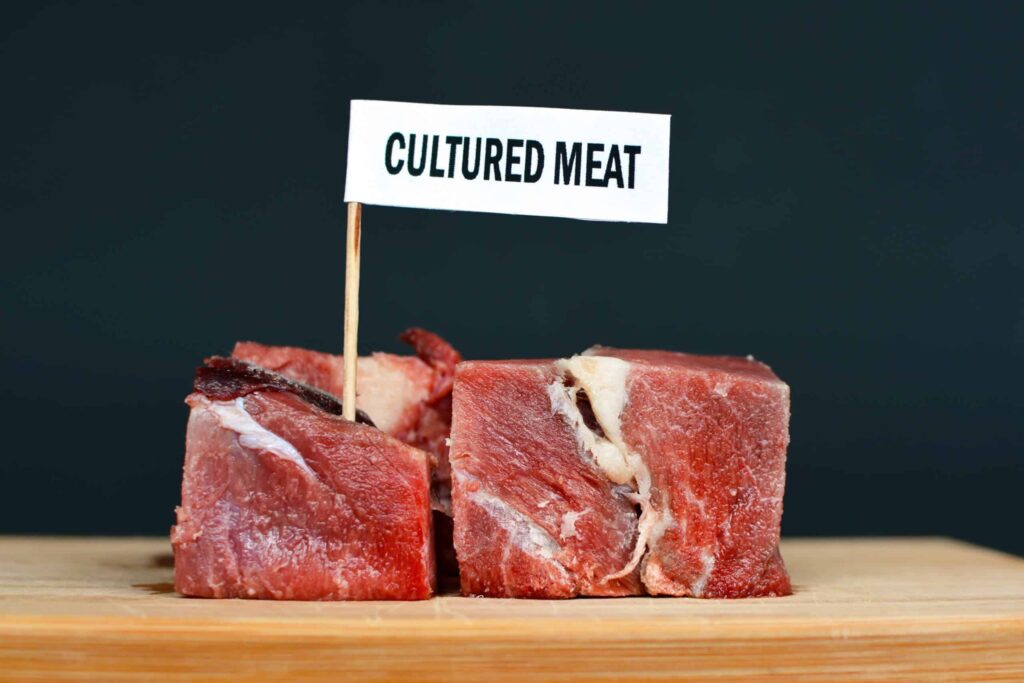A new meta-analysis published in the journal Trends in Food Science & Technology has identified key factors influencing people’s willingness to consume cultivated meat. 48 studies were analyzed, identifying 22 predictors. The most significant factors related to consumer perceptions were:
- Perceived ethicality — Cultivated meat is often perceived as having fewer animal welfare and environmental issues than traditional meat.
- Disgust — Both meat eaters and vegetarians reported high levels of disgust toward cultivated meat, with meat-eaters repelled by its lab-based production and vegetarians put off by its resemblance to conventional meat.
- Taste — Consumers often believe that cultivated meat will not taste as good as traditional meat. This is based on expectations rather than experience, since the vast majority have never tried cultivated products.
- Safety — Many study participants have concerns about the safety of cultivated meat.
Price is also likely to be a significant factor, with some studies indicating an unwillingness to pay extra for cultivated products. However, less data is available in this area, particularly since these products have not yet been approved for sale in most countries.
A recent European report found that cultivated meat must be carefully positioned within the cultural context to achieve widespread acceptance; manufacturers will need to build consumer trust in the safety, healthiness, and environmental benefits of cultivated products, while increasing awareness of the health and environmental impacts of conventional meat.

Personal characteristics that affect acceptance
According to the meta-analysis, several variables related to people’s characteristics also have a significant impact on their willingness to consume cultivated meat. These include:
- Food technology neophobia — Consumers are highly aware that cultivated meat is a novel food product and a novel food technology, which makes many reluctant to try it.
- Food neophobia — Some consumers have an aversion to trying any new foods.
- Food disgust sensitivity — This refers to the feeling of disgust triggered by certain food-related stimuli, such as slimy-textured foods. This implies that many consumers believe cultivated meat has a noticeably different taste or texture from conventional meat.
- Familiarity — Though most consumers have never tasted cultivated meat, many have gained familiarity with the concept through media, news, or other sources. One study found that Singaporean consumers were more open to cultivated meat than those in the USA, perhaps because Singapore was the first country to approve cultivated meat for sale.
Interestingly, age, gender, income, and education were found to have practically no correlation with willingness to consume cultivated meat. The study authors suggest that future research should focus on exploring more complex relationships between relevant variables, and the impact of interventions that could increase consumer acceptance of cultivated products.




